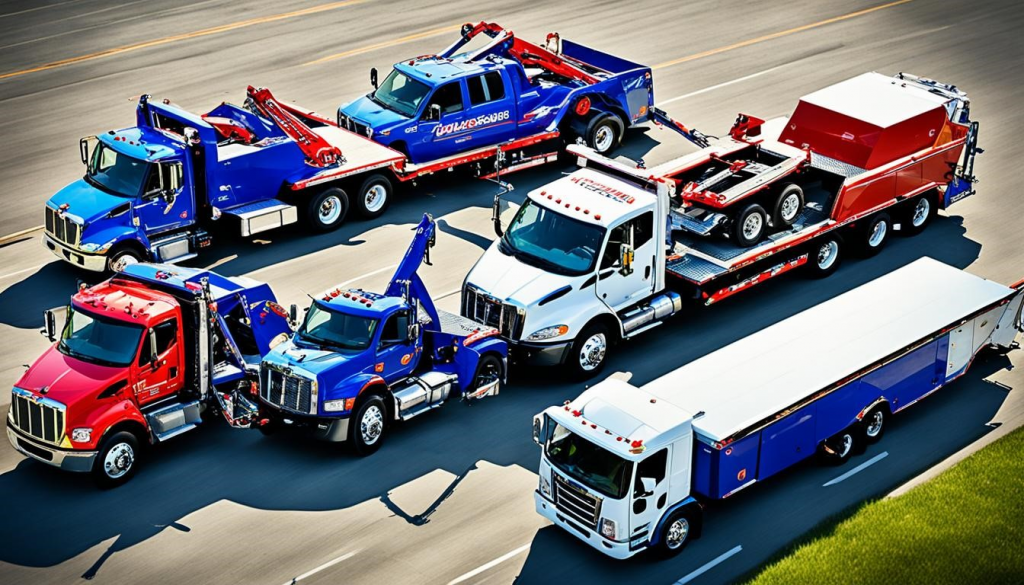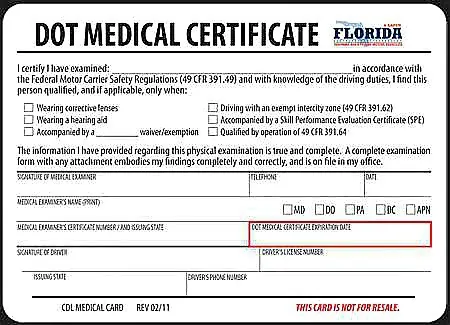Are you wondering do you need a CDL to drive a tow truck? If you are looking for a quick answer, a CDL requirement depends on the type of tow truck you operate, the weight of the vehicle you’re towing as well as different states. However, the majority of tow truck drivers require a special license to drive a commercial vehicle on public roads. Whether driving a light-duty flatbed or taking heavy-duty recoveries, knowing the requirements to get a CDL can help you start in the right direction. In this post, we will provide the comprehensive answer to the question: do you need a CDL to drive a tow truck or not, also from the types of tow trucks, basic requirements down to the certifications that will give you an edge in your towing career.
Do you need a CDL to drive a tow truck?
It depends on the weight of the vehicle and what type of towing you’ll be performing. According to the FMCSA, the tow truck and the vehicle that it is towing are treated the same as any other powered unit hauling a non-powered unit for CDL purposes. FMCSA also requires different CDL classes depending on the weight and type of vehicle you are operating. Here is a breakdown of when a CDL is required and the differences in the various CDL classes for drivers of tow trucks.

Class A license
A Class A CDL is required when the Gross Vehicle Weight Rating (GVWR) of the tow truck is 26,001 pounds or more and the vehicle being towed has a GVWR of more than 10,000 pounds. This license covers everything fully and will be utilized in hauling heavy, oversized vehicles such as semi-trucks, tractor-trailers, or other types of oversized commercial vehicles. If you’re operating heavy-duty tow trucks, handling long hauls, or towing large loads, you will require a Class A license to ensure compliance with federal and state regulations.
Class B license
A driver must have a Class B CDL if the GVWR is 26,001 pounds or more and they are either operating the tow truck without a vehicle in tow or operating the tow truck with a towed vehicle that weighs 10,000 pounds or less. The Class B license encompasses drivers of medium-duty tow trucks, normally used for local towing tasks, roadside service, and recovery of commercial vehicles. You will more than likely need a Class B CDL if you’re towing smaller vehicles like cars or light trucks with a big tow truck.
Class C license
A driver must have a Class C CDL only when a tow truck driver or towing configuration does not fit either configuration description above. However, it is required when transporting hazardous materials or more than 16 passengers. Less common in the towing industry, a Class C license can be mandatory on specific recovery jobs where you are towing special equipment, vehicles with hazardous cargo inside, or passenger vehicles such as buses. This license covers more niche scenarios and adds extra safety compliance to that kind of haul.
FAQs
1. Do you need CDL for a flatbed tow truck?
A flatbed tow truck is categorized as a light-duty truck so you will not need a CDL. A standard driver’s license is generally all that is required to drive a light-duty tow truck. Specialized certification or training can provide an edge in finding employment.
2. What is the most you can tow without a CDL?
A truck with a GVWR of 26,000 pounds or less can tow a trailer with a GVWR of 10,000 pounds or less that does not require a CDL. However, CDL requirements state that the GVWR of the truck and trailer must not exceed 26,000 pounds and 10,000 pounds, respectively.
3. Do you need a class A CDL to drive a tow truck?
If the towing vehicle’s GVWR is 26,001 pounds or more and the towed vehicle taken alone has a GVWR of more than 10,000 pounds the driver must have a Class A CDL.
Final thoughts
So, do you need a CDL to drive a tow truck? The need to drive a tow truck with a CDL is somewhat based on the kind of truck you are driving and the weight of what you will be towing. Not having a CDL while operating a light-duty tow truck should not cause any huge problems, but as trucks get heavier and their loads larger, obtaining a CDL is necessary. Make sure you research all of the requirements for the state and consider additional certification to boost job prospects in the towing industry. Wishing you success on your path ahead!



